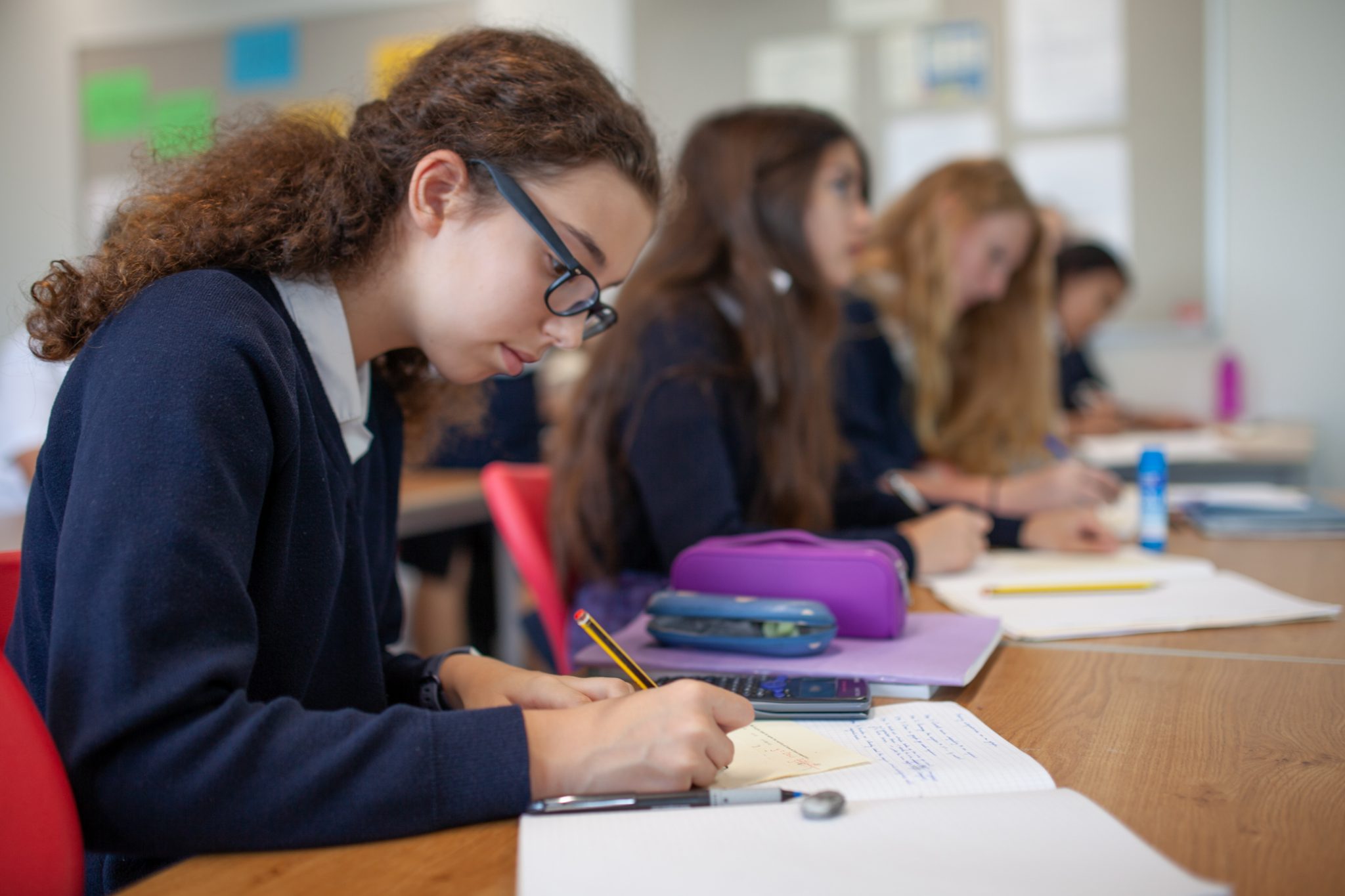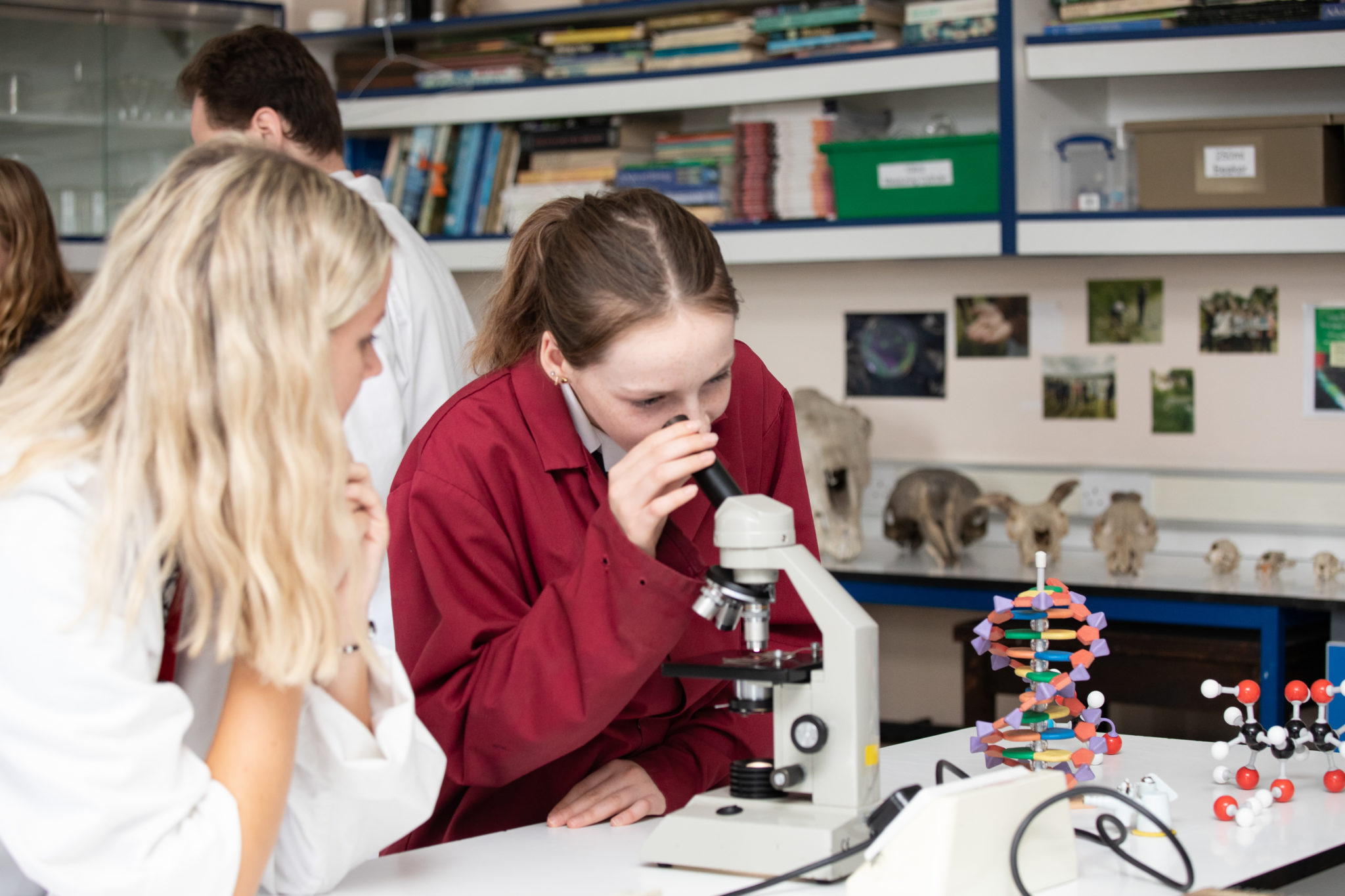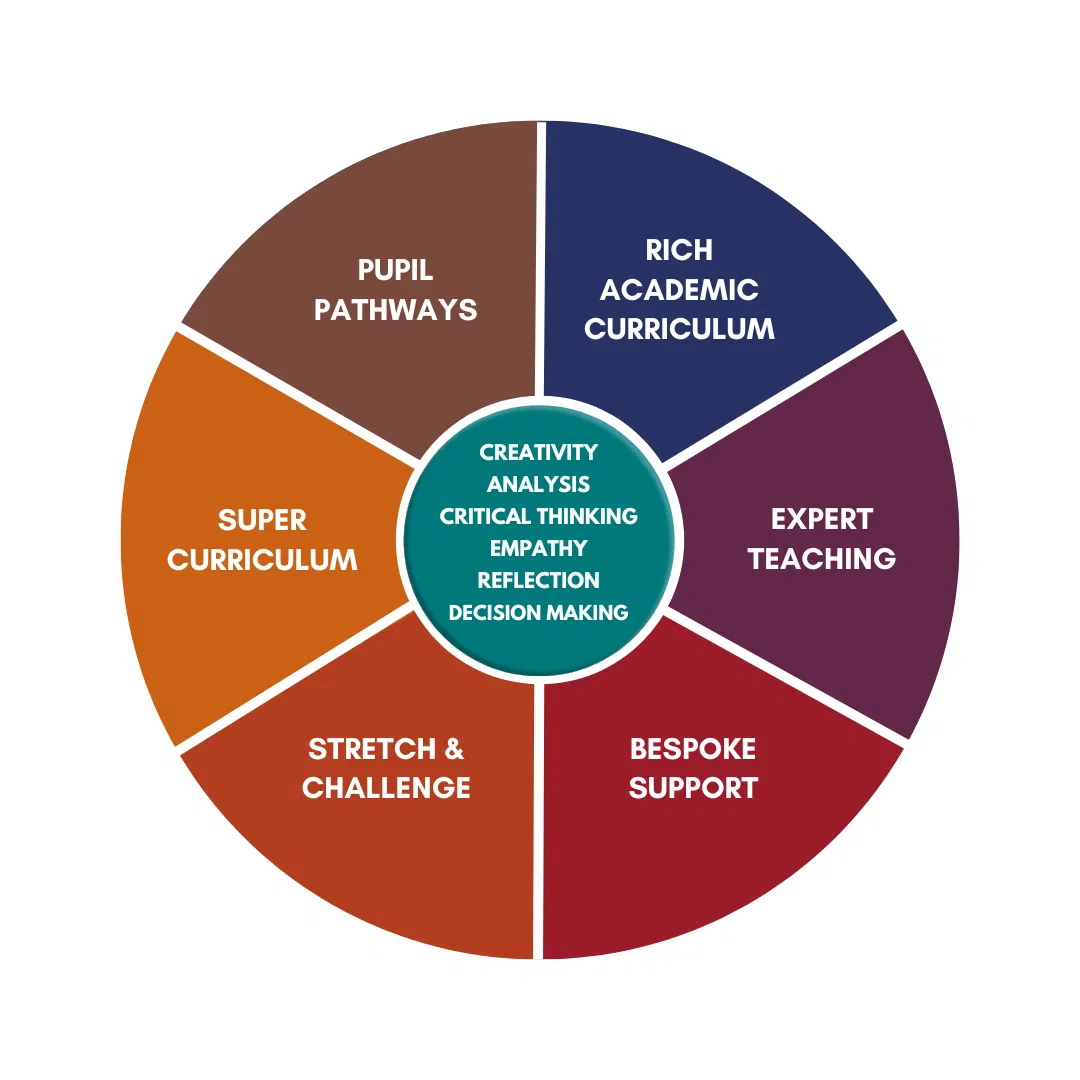

St Edmund's
The Joy of Learning
At the heart of our educational philosophy is a sharing of the joy of learning which, along with our insistence on ambition, helps to make our pupils the very best they can be: creative, active learners well equipped to shape their futures and the futures of others.
Learning Approach
We push pupils to be curious – to learn to solve problems, develop new perspectives and, through creativity, to influence how others think, feel and live their lives. Intellectual curiosity is cultivated through problem solving, project work, awe inspiring school trips and thought provoking outside speakers.
Pupils are empowered to ask bigger questions and find better answers. We encourage ‘out of the box’ thinking and have high expectations for all – all the time. Teaching is deliberately pitched just outside of pupils’ comfort zones as this is likely when they will learn most.
When a pupil says ‘I can’t do it’, we end that sentence with ‘yet!’

LEARNING PROCESS
Through our learning process, pupils develop vital learning skills:
Creativity: Transforming ideas into innovative solutions
Analysis: Evaluate evidence and develop reasoned arguments
Critical Thinking: Question deeply and identify effective strategies
Empathy: Understand diverse perspectives and advocate for others
Reflection: Set meaningful goals
Decision Making: Lead confidently and plan strategically

Assessment and Feedback
Feedback is always a collaborative process involving pupil and teacher.
Teachers give feedback to pupils in the following ways:
Immediate Feedback takes place in lessons – for example Q and A to assess understanding or check ins during independent tasks.
Summary Feedback is given to the whole class at the end of a lesson or task.
Review Feedback takes the form of written comments (Formally Marked Work)
Formally Assessed Work (FMW) is completed at least half termly in all subjects. As part of FMW, all teachers ask pupils a reflective question to extend their thought process and direct the pupil to areas requiring improvement. Pupils are then given time in class to respond and act on teacher marking.
